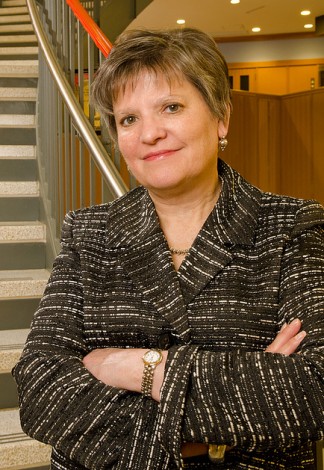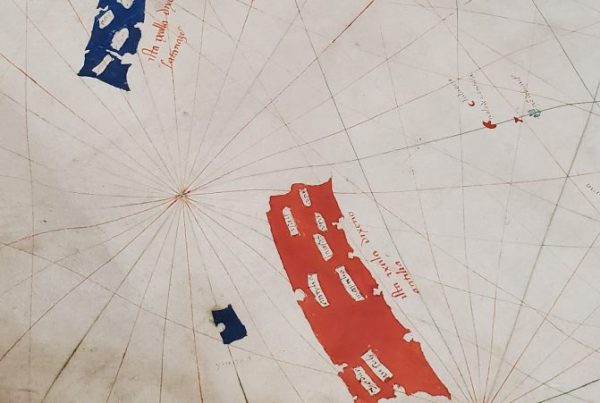By Wendy Pradt Lougee, University Librarian and Dean of Libraries
The University of California system made news recently when it broke off negotiations with Elsevier, one of the world’s largest scholarly journal publishers. The UC system’s main goals are to secure universal open access publishing for UC research — so that anyone in the world can view it, free of charge — while putting the brakes on the rising costs of journals.
Developing a sustainable scholarly publishing model is a goal we at the University of Minnesota Libraries share. The traditional academic publishing model of authors turning over their scholarly works — and associated copyright — to publishing enterprises has placed valuable research behind paywalls. The high prices and unrelenting increases challenge those institutions licensing the content; for many institutions, access is simply unattainable.
UC was negotiating with Elsevier for a “publish and read” model, which would offset the cost of open access publishing against the cost of “read” access to content. The model incorporates the Article Processing Charges (APCs) assessed to authors to publish their work as open access and the subscription or licensing fees paid by libraries. While not all open access journals charge APCs, those that do have fees ranging from $500 to $5,000 — often with the expectation that the author’s grants will cover the costs.
The UC negotiating position with Elsevier is grounded in strong systemwide support from faculty, upholding the importance of openness in publishing. While UC’s decision has captured significant attention, it is not alone in seeking transformative agreements with publishers. Other major national and international initiatives have been covered in the media and a few are highlighted below.
What are we doing at the University of Minnesota?
As a publicly funded, land-grant institution, the University of Minnesota is committed to ensuring the greatest possible scholarly and public access to the research and scholarship produced by the University community. Among the ongoing efforts to promote public access, enable greater reach for UM research, and reduce costs:
- Since 2015, the University of Minnesota has had an Open Access Policy that encourages authors to deposit an openly available copy of their journal articles in the University Digital Conservancy, or other repositories, a practice often called “open archiving” or “green open access.”
- The Libraries and the University’s Office for the Vice President of Research created a limited open access fund to support APC fees in fully open access journals (or “gold open access”) for authors without other sources of funding.
- The Libraries is also an open access publisher, currently with 18 journals supported.
- The Libraries provides extensive consultation services to assist authors with issues of copyright, publishing agreements, publishing options, and support for compliance with federal agency requirements for public access.
European initiatives
- PlanS (or cOALition S): Launched in 2018 by a group of national European research funding organizations, with the support of the European Commission and the European Research Council, PlanS advances a goal of full open access for all research funded by grants from participating national and European research councils and funding bodies by 2020.
- ProjeKt DEAL, representing a consortium of university and research institutes in Germany, announced a “publish and read” agreement with the publisher Wiley that factors in the costs of all APCs and institutional subscription spending in a cost-neutral price.
- Norway: The Norwegian government has set a goal to make all publicly funded research articles openly available by 2024 and to move from paying to read articles through subscription agreements, towards paying for publishing articles that are openly available. Recent negotiations with Elsevier for a “read and publish” agreement were unsuccessful and the license terminated.
What’s next?
Working with our campus academic community, we will continue to advance our advocacy and support for open access in publishing. We will accelerate our work with peer institutions in the Big Ten Academic Alliance and other groups to actively pursue publisher agreements that enable openness and reflect the significant contributions of our academic community. And we will plan, in collaboration with the Provost’s Office, opportunities for the campus to engage around the critical issues of sustainable publishing.
More information
UMN Libraries Scholarly Communication website
Questions: Contact openaccess@umn.edu





